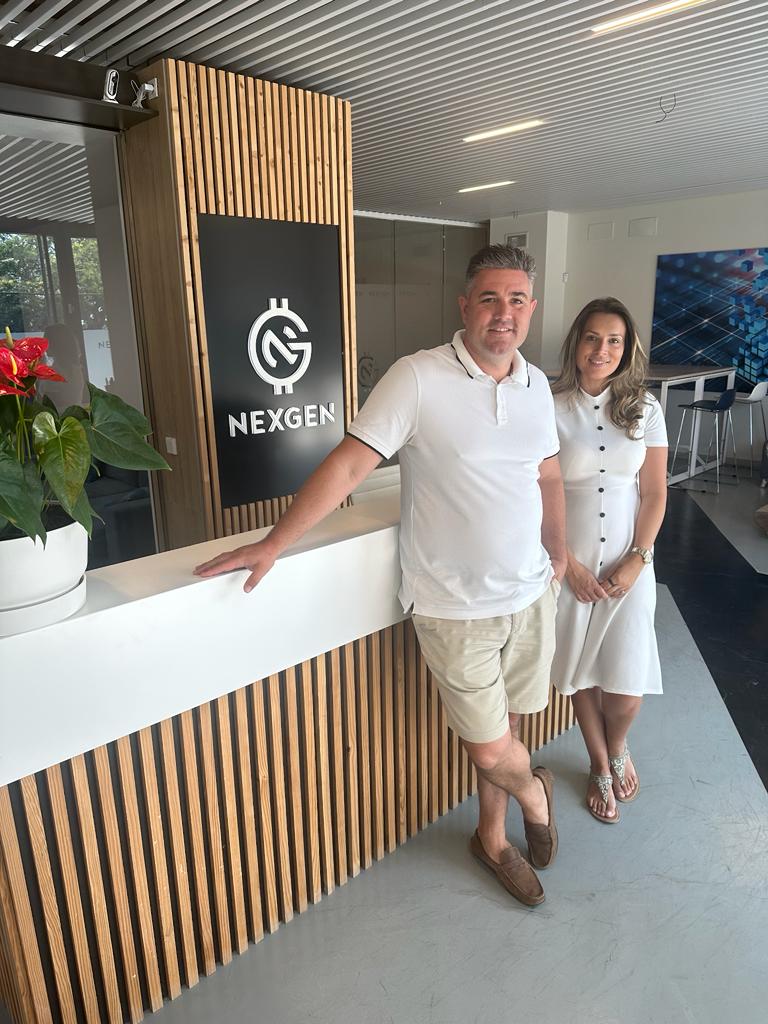Private Equity (IPOs)
Private Equity (IPOs)
Private investments are privately issued equity or debt securities offered by a business, from start-ups to late-stage companies investing in varied classes such as oil, mining, minerals, energy, green and ethical positions. These investments are offered through a private placement.

Rachel Buscall, C.E.O, New Capital Link
Chris Starkey , C.E.O NextGen Cloud
Investment Particulars

Early Entry Opportunity
Provide an opportunity to invest in a company at its infancy, potentially capturing significant growth and returns as the company matures and expands.

Diversification & Portfolio Enhancement
IPOs can add diversification to your investment portfolio, spreading your risk across different industries and sectors. This diversification can help reduce overall portfolio volatility and enhance risk-adjusted returns.

Liquidity & Market Access
Once a company goes public, its shares are traded on stock exchanges, providing investors with liquidity and the ability to buy or sell their shares at market prices. This liquidity allows investors to adjust their holdings as market conditions change or their investment goals evolve.

Capital Gains and Potential Dividends
As the company's share price increases, investors can realize capital gains by selling their shares at a profit. Additionally, some companies may pay dividends to shareholders, providing a regular stream of income.

Participation in Economic Growth
IPOs often represent new or expanding companies contributing to economic growth and innovation. Investing in IPOs can provide a sense of participation in the broader economic landscape and the potential to benefit from its success.

Risk Appetite
As with most high yield investments, IPOs carry some risk and you should always consult with a licensed financial adviser before proceeding.
An investment with our product providers are created with security and transparency in mind, offering you the confidence you need when making an investment.
Call to enquire

- Testimonials
